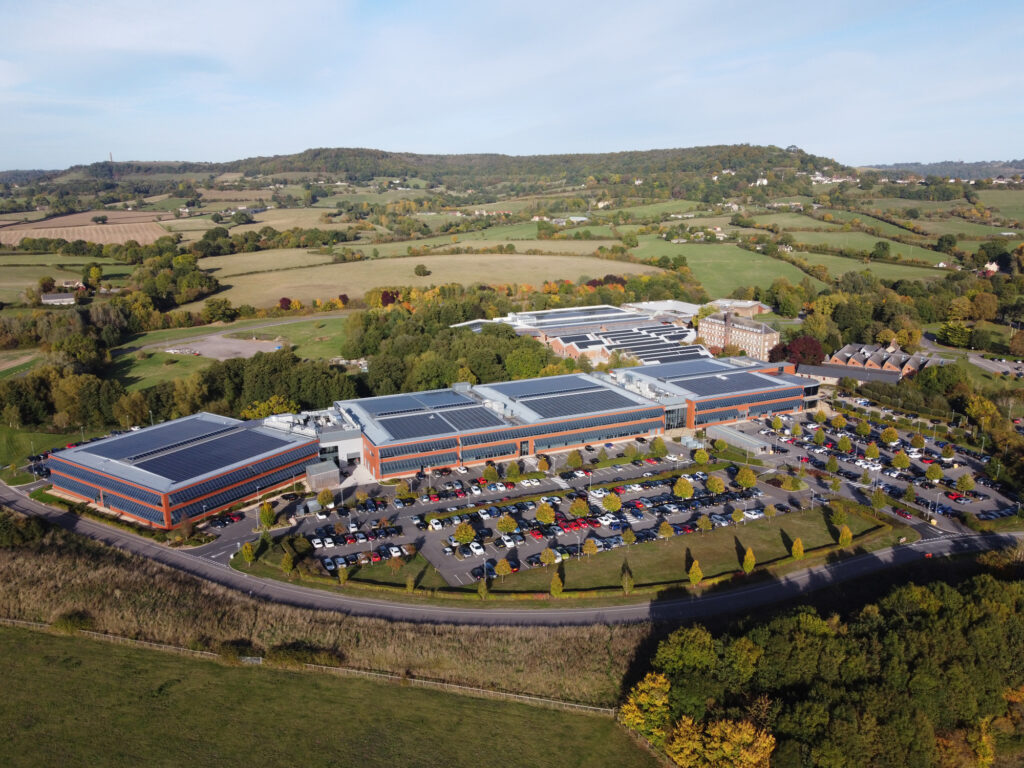Let UK manufacturers drive the green route to growth

Chris Mould, Audit & Assurance Partner at national audit, tax, advisory and risk firm Crowe in Cheltenham, considers why the government must do more for UK manufacturing.
The UK can carve out a green route to growth if the government puts the right incentives in place.
The reaction to the slide of almost all global currencies against the dollar for a few days at the end of September diverted attention from major opportunities for UK business.
The reaction to a range of measures, most of which do not come into effect until April 2023, was unseemly and intemperate.
While currency volatility creates short-term uncertainty, UK manufacturing should be focused on the opportunity to strike deals at highly advantageous rates, in one of the largest global markets – the United States of America.
I am aware of one manufacturer who, in the week when the world was “in turmoil”, signed their first export, and largest-ever order, worth several million dollars.
At the time of writing, the pound is at £1.10 to the dollar, up from the earlier low of £1.03.
While this represents a drop of 9%, it still provides massive opportunities, and we need further government incentives to encourage UK industry.
When discussing the future energy security of the UK, it should be noted that, according to Imperial College London, 8% of the electricity generated in Britain in the three months to June 2022 was sent to other European countries through undersea power cables.
It raised circa £1.5 billion for the UK.
We can build on this and while industry can currently obtain 24.7% relief on installing solar panels on factory roofs until it drops to 19% in April 2023, I would call on the government to do more.
Before laying solar farms on agricultural fields that should be bolstering our food security, it would be good to fill up all the south-facing factory roofs across the UK with solar panels. I don’t think that they were ever aesthetically pleasing.
I would suggest a short-term 200% relief allowance to really kick-start solar power across the industry. While we might suffer a drop in short-term taxation receipts, we would turbo charge our future energy security.
I would also question the green credentials of importing by slow boat or fast air freight when the reshoring revolution is gathering pace in the UK. I would like to see the government lead a campaign to drive pride in buying British.
It is often seen as an “old chestnut”, but nevertheless it remains valid. Now is the time for every UK business to drill down into their supply chain and ask themselves why they are importing materials and parts.
Is it just cost, or are those materials and parts just not available in the UK? We need to be making what we need here in the UK. I do not understand why we cannot have our own semiconductor manufacturing sector in the UK. Is it purely investment or technology?
Surely this is remediable on both counts and is a sure way of creating the high paying British jobs that successive prime ministers have acclaimed as the way forward.
We have, within a short time period, had three major global events – the COVID-19 pandemic the conflict in Ukraine and the recent global financial firestorm. I believe there is a need for a more measured debate in the media when serious issues present themselves.
Perhaps we need to listen more to those who manufacture and make their money in the UK?
To start the conversation on how we can help your business, call Chris Mould on 01242 234421, or email [email protected]
The annual Manufacturing Outlook survey 2022 conducted by Crowe is open.

















